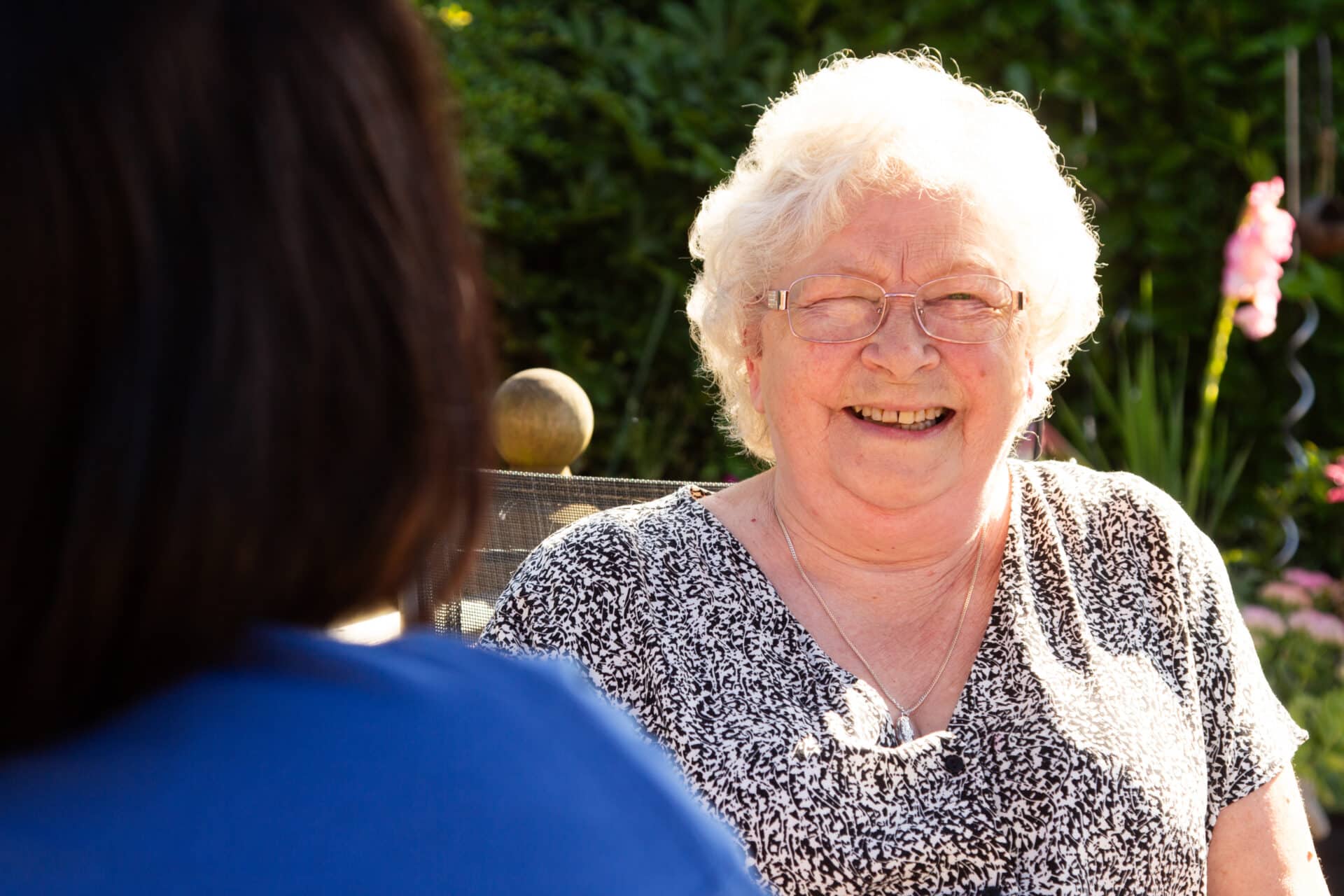What are the signs of Dementia.

Unsure if you or a loved one could be developing Dementia? In this article, we discuss the signs. As always, seek medical advice if you are concerned about yourself or a loved one as quickly as possible.
Dementia is a progressive neurological condition that affects cognitive function, impacting memory, reasoning, and communication. It is not a specific disease but rather a collective term for a range of symptoms associated with cognitive decline.
Identifying the early signs of dementia is crucial for early intervention and improved quality of life. In this article, we will explore the common signs and symptoms of dementia, emphasizing the importance of early detection.
- Memory Loss. One of the hallmark signs of dementia is memory loss that disrupts daily life. Individuals may forget recently learned information, important dates, or events. While occasional forgetfulness is a normal part of aging, persistent memory loss that interferes with daily activities could be indicative of dementia.
- Difficulty Planning and Problem-Solving. Dementia often impairs an individual’s ability to plan and solve problems. Tasks that once seemed routine, such as managing finances or following a familiar recipe, may become challenging. This difficulty arises due to the cognitive decline affecting the brain’s executive functions.
- Confusion with Time and Place. People with dementia may lose track of dates, seasons, and the passage of time. They may also struggle to comprehend where they are or how they got there. This confusion regarding time and place can lead to disorientation and anxiety.
- Challenges with Language and Communication. Dementia can affect an individual’s ability to communicate effectively. They may have trouble finding the right words, following or joining a conversation, or may repeat themselves. Additionally, written and spoken language comprehension may decline, making communication increasingly challenging.
- Decreased Judgment. Individuals with dementia may exhibit poor judgment and decision-making. This can manifest in inappropriate social behaviours, neglecting personal hygiene, or making uncharacteristic financial decisions. Loved ones may notice a decline in the person’s ability to make sound judgments.
- Impaired Motor Skills and Coordination. As dementia progresses, it can impact motor skills and coordination. Simple tasks like buttoning a shirt, tying shoelaces, or handling utensils may become more difficult. This decline in motor function is often a result of the brain’s diminishing ability to coordinate movements.
- Changes in Mood and Personality. Dementia can cause notable changes in mood and personality. Individuals may become irritable, anxious, or exhibit uncharacteristic mood swings. They may withdraw from social activities or show signs of apathy. Recognising shifts in personality can be crucial for early diagnosis and intervention.
- Difficulty with Familiar Tasks. Tasks that were once familiar may become increasingly challenging for someone with dementia. This could include forgetting the rules of a favourite game, getting lost while driving on a well-known route, or struggling to perform routine household chores. These difficulties can be a clear indication of cognitive decline.
Early detection of dementia is essential for providing appropriate care, support, and intervention. Recognising the signs discussed in this article can empower individuals and their families to seek professional guidance promptly. While there is currently no cure for dementia, early diagnosis allows for the implementation of strategies to manage symptoms and improve the individual’s quality of life.
If you or someone you know is exhibiting these signs, it is crucial to consult with a healthcare professional for a comprehensive evaluation and diagnosis.
How can Caremark help with Dementia?
Dementia Care in Guildford & Woking in the Comfort of your own home
Acknowledging the Importance of Comfort and Familiarity for individuals with dementia, our dementia care services in Guildford & Woking prioritise these aspects. Our skilled care assistants are trained in dementia care, providing empathetic assistance within the confines of the individuals’ own homes. From aiding in daily routines to promoting mobility and facilitating cognitive engagement through stimulating activities, our focus is on upholding safety and regularity. Through these efforts, we empower our customers to retain a sense of routine and fulfilment in their lives.
Compassionate and Empathetic Dementia Care in Guildford & Woking
Our individualised approach to dementia care is designed to cater to the distinct requirements and desires of every person. Following a thorough assessment, our team crafts a flexible care strategy that adjusts as the condition advances. Recognising the variability of dementia’s manifestations, our care assistants exhibit adaptable and compassionate responses to shifts in behaviour and memory. Our ultimate aim is to offer care that honours each individual’s identity and life journey.
Relief-Oriented Dementia Care: Strengthening and Uplifting Families
Understanding the emotional and physical challenges of caring for a beloved family member with dementia, we’re here to help. We provide families with helpful resources and guidance, helping them gain a deeper understanding and better coping strategies for dealing with dementia. Our main goal is to offer consistent support and reassurance to families throughout their journey in dementia care.
Dementia care Guildford. Dementia care Woking.
#dementiasupport #elderly #elderlycare #careathome #guildford #woking #homecare #alzheimers #alzheimersawareness #alzheimerscare